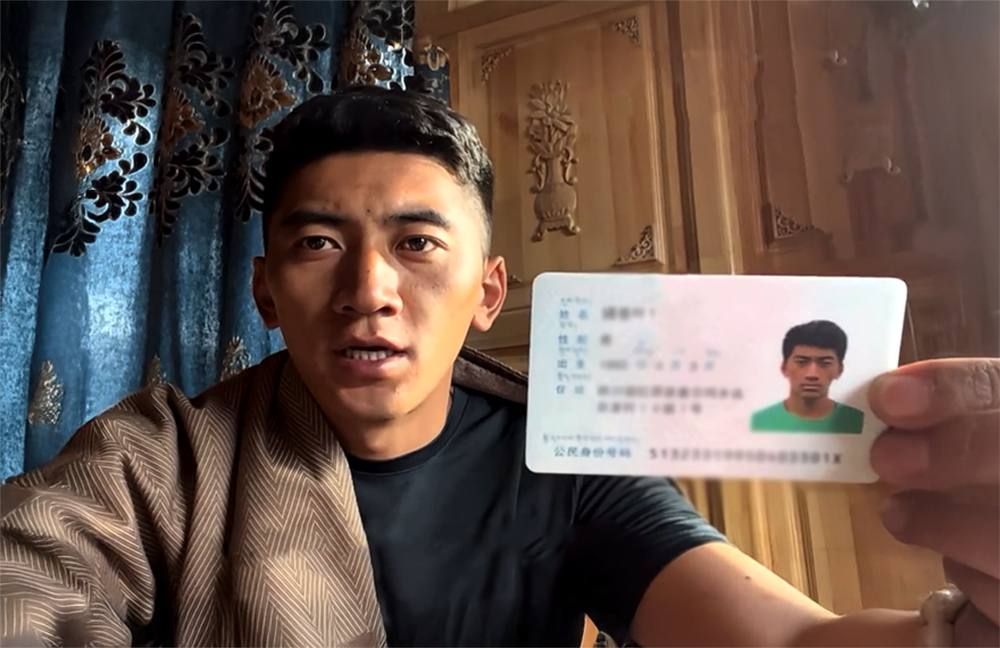
China frees Tibetan environment rights protester, subject to tight restrictions
How did your country report this? Share your view in the comments.
Diverging Reports Breakdown
China frees Tibetan environment rights protester, subject to tight restrictions
Tibetan environment rights protester Tsongon Tsering was released on Jul 8 after eight months in jail. The 29-year-old was initially detained in Oct 2024 after he appeared in a five-minute video on his Kuaishou social media account. He strongly complained about illegal sand-mining activity being carried out by the construction giant Anhui Xianhe Construction Engineering Company. The exact reason for his early release remains unknown, that he was stated to look frail at the time of his release. He was welcomed back to his village by a large crowd of supporters.
Early release is usually granted for good behaviour but hardly to political prisoners like Tsongon Tsering of Ngaba (or Ngawa, Chinese: Aba) Prefecture.
The 29-year-old resident of the prefecture’s Kakhog (Hongyuan) County was initially detained in Oct 2024 after he appeared in a five-minute video on his Kuaishou social media account, in which he strongly complained about illegal sand-mining activity being carried out by the construction giant Anhui Xianhe Construction Engineering Company – causing severe environmental damage – in his local area.
The Kakhog (also known as Khyungchu) County court initially jailed him for eight months for allegedly “disrupting social order”. This was later extended by another eight months after he reportedly continued to deny being guilty of that offence.
TCHRD says the exact reason for his early release remains unknown, that he was stated to look frail at the time of his release.
He was welcomed back to his village by a large crowd of supporters. Local authorities reportedly moved to disperse the crowd.
Despite being released from jail, Tsongon Tsering remains subjected to sweeping restrictions. These include being banned from making any public or private remarks deemed “harmful to the government,” and from organizing or participating in any group activities, including informal gatherings.
The centre noted that in Jan 2025, three United Nations Special Rapporteurs – the Special Rapporteur on Human Rights Defenders, Special Rapporteur on the promotion and protection of the right to freedom of opinion and expression, and the Special Rapporteur on human right to a clean, healthy and sustainable environment – sent a seven-page joint communication to the Chinese government, expressing serious concerns about Tsongon Tsering’s arrest, detention, and the broader context of the repression in which it occurred.
The experts were stated to have noted that Tsongon Tsering’s case illustrated a disturbing trend in which Tibetan environmental defenders face arbitrary detention, surveillance, intimidation, and reprisals for peacefully raising concerns about extractive projects on Tibetan land.
The communication questioned the legal basis for the charges against Tsongon Tsering, highlighted the lack of due process, and underscored the chilling effect on civic space for Tibetan communities.
